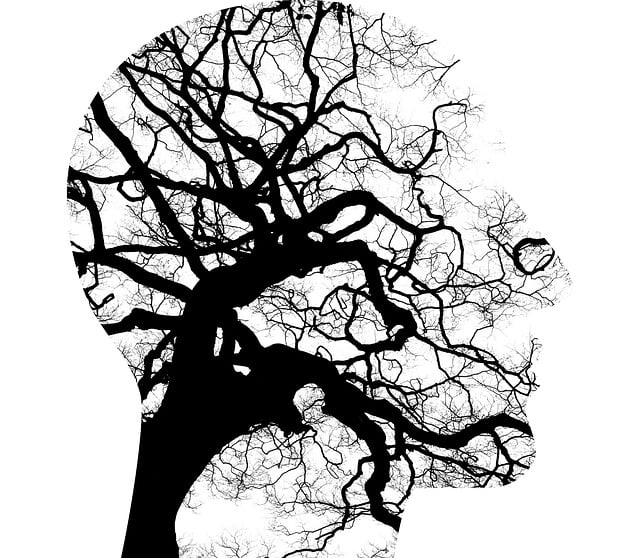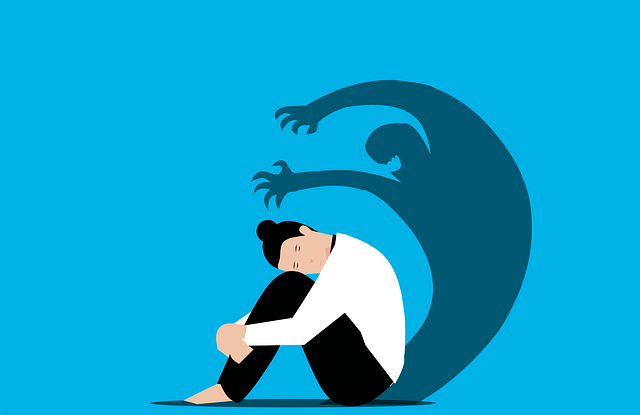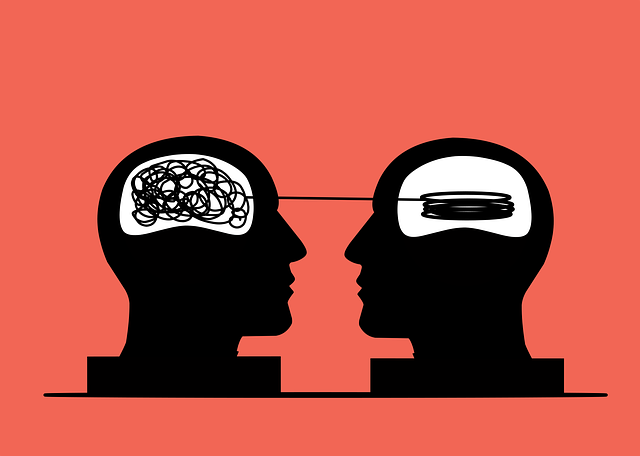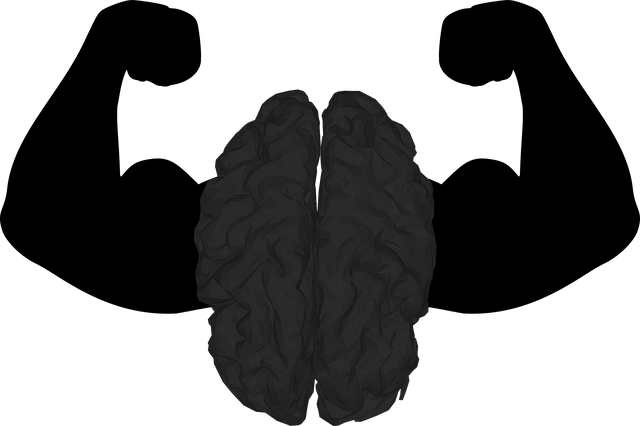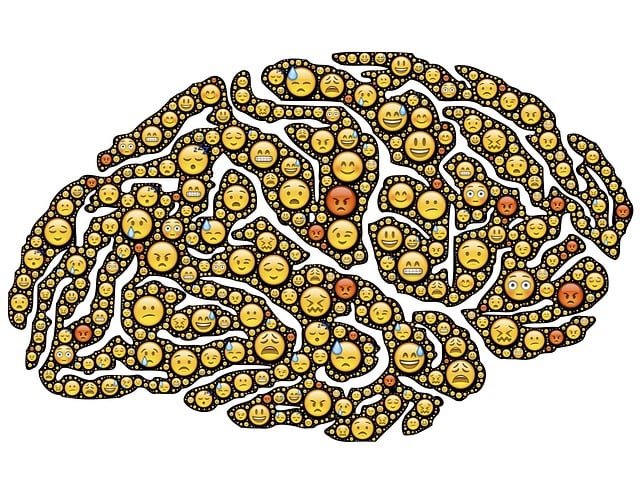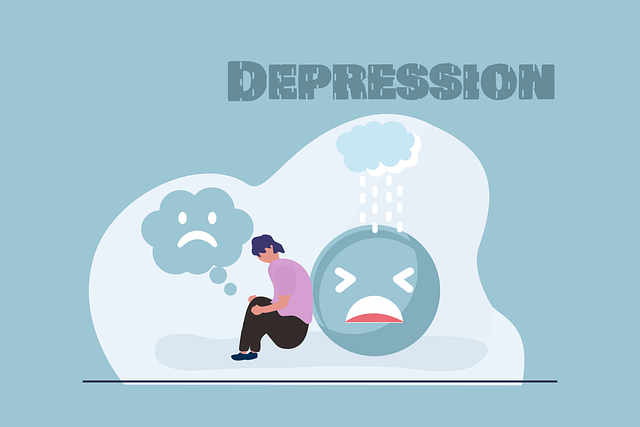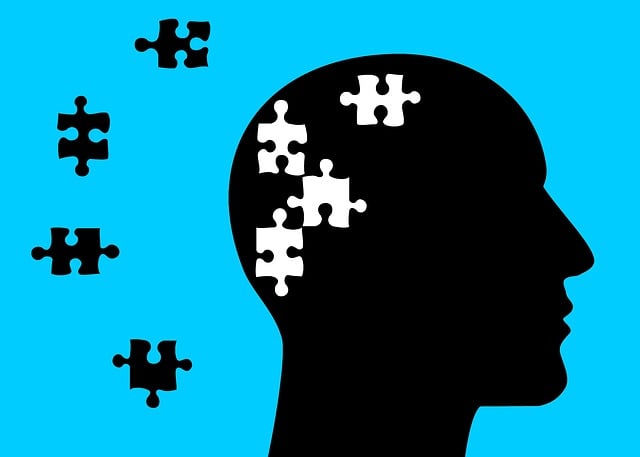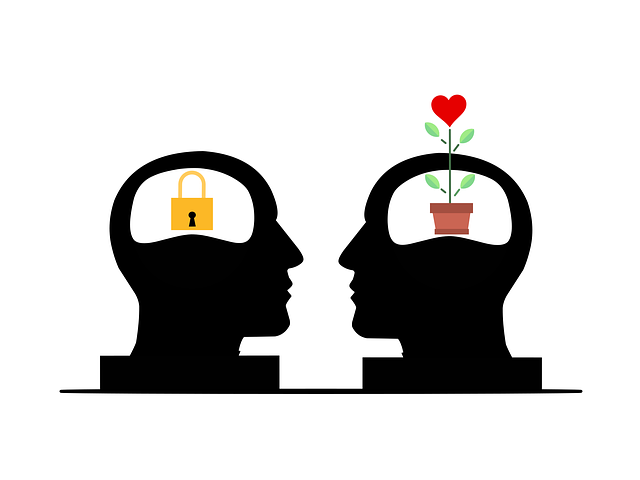Mental wellness self-assessment tools play a crucial role in identifying and addressing mental health issues, including Centennial Depression. These questionnaires, designed with cultural sensitivity, validity, and reliability, evaluate symptoms through targeted questions on mood, self-care, and emotional well-being. For younger generations, Centennial Depression Therapy offers tailored crisis intervention guidance by exploring influences like social media and academic pressures. Integrating this therapy into assessment tools improves their accuracy and cultural sensitivity. Healthcare provider training in cultural competency is vital for correct interpretation. To meet modern needs, assessment tools should incorporate practical stress management, conflict resolution, and burnout prevention strategies using digital platforms for enhanced accessibility, catering to diverse populations with evidence-based practices and technology.
Mental wellness self-assessment tools play a crucial role in modern therapeutic practices, enabling individuals to gain insights into their emotional well-being. This article explores the development of such tools, focusing on the integration of Centennial Depression Therapy techniques. We delve into understanding mental wellness assessment and its evolution, highlighting the importance of accurate diagnosis. By examining current trends, we propose strategies for creating effective tools that cater to diverse needs, ensuring a more inclusive approach to mental health care, particularly in addressing symptoms of Centennial Depression.
- Understanding Mental Wellness Self-Assessment Tools
- The Role of Centennial Depression Therapy in Self-Assessment
- Developing Effective and Accurate Assessment Tools for Modern Practice
Understanding Mental Wellness Self-Assessment Tools

Mental wellness self-assessment tools play a pivotal role in facilitating individuals’ understanding of their mental health status and are valuable resources for both personal growth and professional support. These tools, often in the form of questionnaires or surveys, provide a structured approach to evaluating various aspects of mental wellness, including symptoms of common mental health disorders like Centennial Depression. By asking targeted questions about mood management, self-care practices, and emotional well-being, these assessments offer insights that can guide people towards seeking appropriate therapy or making positive lifestyle changes.
The development of such tools requires careful consideration of cultural sensitivity, validity, and reliability to ensure their effectiveness across diverse populations. Public awareness campaigns development around mental wellness can further enhance the impact of these self-assessment tools by promoting a culture where open discussions about mood management are encouraged, breaking down stigma, and fostering environments conducive to seeking help early on.
The Role of Centennial Depression Therapy in Self-Assessment

Centennial Depression Therapy plays a significant role in the development of mental wellness self-assessment tools. This therapeutic approach, rooted in understanding and addressing the unique challenges faced by younger generations, offers valuable insights into the mindsets and experiences that can contribute to mental health issues like depression. By delving into the complex web of social media influences, academic pressures, and identity formation, Centennial Depression Therapy provides crisis intervention guidance that is tailored to the cultural landscape of today’s young adults.
Integrating this therapy into self-assessment tools enhances their efficacy, ensuring they cater to the specific needs and vulnerabilities of this demographic. Furthermore, healthcare provider cultural competency training becomes pivotal in interpreting these assessments accurately. Such training equips professionals with the skills to recognize and respect the diverse cultural backgrounds and experiences that shape an individual’s mental wellness journey, thereby facilitating more effective support and intervention strategies.
Developing Effective and Accurate Assessment Tools for Modern Practice

In developing effective and accurate mental wellness self-assessment tools, it’s crucial to adapt modern practices that cater to diverse needs. Traditional methods often fall short in assessing the nuanced experiences of individuals struggling with issues like Centennial Depression Therapy. Today’s fast-paced world demands innovative approaches that incorporate not only psychological assessments but also practical strategies for stress management, conflict resolution techniques, and burnout prevention strategies for healthcare providers.
These updated assessment tools should seamlessly integrate digital platforms to enhance accessibility and convenience. They must be designed with an eye towards cultural sensitivity and adaptability, ensuring accurate evaluations across diverse populations. By incorporating evidence-based practices and leveraging technology, mental health professionals can develop robust self-assessment tools that not only diagnose but also guide personalized treatment plans, ultimately fostering more holistic recovery for those seeking Centennial Depression Therapy or dealing with related challenges such as stress management, conflict resolution, and burnout prevention.
Mental wellness self-assessment tools play a pivotal role in modern therapy, particularly in addressing issues like centennial depression. By leveraging accurate and effective assessment methods, professionals can better understand individual needs and tailor treatments accordingly. The integration of techniques from centennial depression therapy ensures that these tools not only identify symptoms but also foster meaningful improvements in mental health outcomes. As these tools continue to evolve, ongoing research and development will be crucial to meet the diverse needs of individuals seeking support for their mental wellness.


